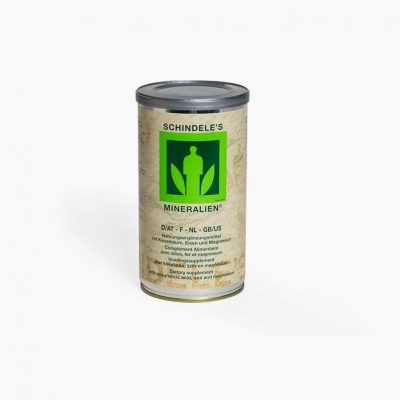Sprouts: An Ideal Preparedness Food
Preparedness just makes good sense. The question isn’t whether or not to be prepared – it’s what to be prepared for. Earthquakes, nuclear accidents, tsunamis, power outages and petrol shortages can all occur with no notice. Food shortages could result from any of these or other events. Sprouts are the perfect survival ration.
First of all, seeds have a long storage life. They are small and lightweight and, thus, don’t take up vast amounts of storage space. You can buy them already prepared for storage or simply buy them in bulk from any health food shop and put them in airtight, waterproof storage containers yourself. Glass jars are a good option. Once sealed, the seeds can be stashed in a cool, dry, dark corner of the pantry for years.
Seds are rich in digestible energy, bioavailable vitamins, minerals, amino acids, proteins, beneficial enzymes and phytochemicals. Let’s face it: if you are involved in an emergency, you want healthy, nutritious food. Crises are not the time to have to rely on empty calories. Once germinated, sprouts provide a good supply of vitamins A, E and C plus B complex. Like enzymes, vitamins serve as bioactive catalysts to assist in the digestion and metabolism of food and the release of energy. They are also essential for the healing and repair of cells.
Sprouts are extremely inexpensive. You are not tying up massive financial resources in preparedness.
There is plenty of variety available, too, with sprouts. There are dozens of types of sprouts from mung and adzukis to mustard or fenugreek. If you stashed away a kg of this and a kg of that, you would have plenty of variety to keep your emergency fare from becoming monotonous. Sprouts are versatile and can be used in green smoothies, in place of vegetables, or in all kinds of salads. In an emergency, they can be mixed with stored nuts and seeds to make delicious, fortifying living food salads.
Sprouts are easy. And, they can be grown 100 percent indoors, requiring very limited space. While they are growing, they do not need any refrigeration. And, under emergency conditions, they can be eaten directly from your “kitchen garden.” All that is needed to grow them is a glass jar with a mesh lid.
Sprout seeds are easy to store. The germinated sprouts are packed with nutrition, alive, inexpensive, varied, and easy to grow in your “kitchen garden.” They are ideal for your preparedness kit. But, why wait for a crisis? Why not just start enjoying them now?
Ann Wigmore’s THE SPROUTING BOOK is available.




